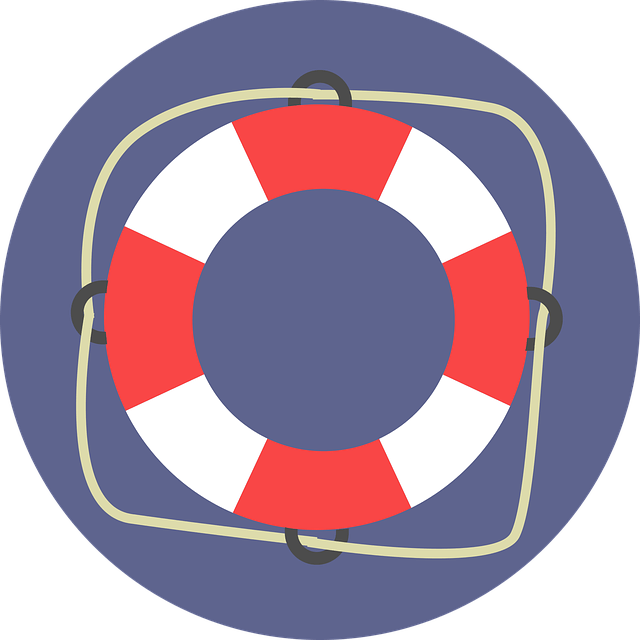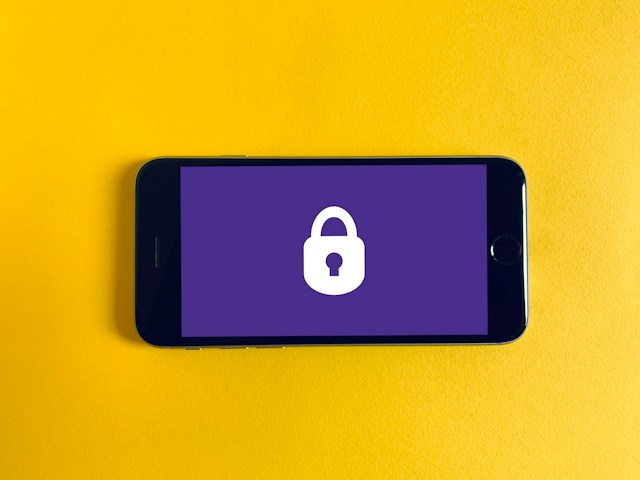In today’s digital age, where our personal and financial information is stored and shared online, it is crucial to protect our online identity from hackers. Cybercriminals are becoming increasingly sophisticated, making it more important than ever to take proactive measures to keep our personal information safe. In this article, we will discuss some effective strategies to secure your online identity and prevent hackers from gaining access to your sensitive data.
Use Strong and Unique Passwords
One of the simplest yet most effective ways to protect your online identity is by using strong and unique passwords for each of your accounts. Avoid using common passwords like “123456” or “password,” as these can be easily guessed by hackers. Instead, create a complex password that includes a combination of upper and lowercase letters, numbers, and special characters. Additionally, make sure to use a different password for each account to minimize the risk of multiple accounts getting compromised if one password is breached.
Enable Two-Factor Authentication
Two-factor authentication adds an extra layer of security to your online accounts by requiring a second form of verification, usually in the form of a unique code sent to your mobile device. By enabling two-factor authentication, even if a hacker manages to obtain your password, they won’t be able to access your accounts without the additional verification. Many popular online services, such as email providers and social media platforms, offer two-factor authentication as an option – take advantage of it to bolster your online security.
Be Wary of Phishing Attempts
Phishing is a common tactic used by hackers to trick individuals into revealing their personal information. Typically, this involves sending fake emails or messages that appear to be from a legitimate source, such as a bank or online service provider. These messages often prompt you to click on a malicious link or provide your login credentials, which the hackers can then use to gain access to your accounts. To protect yourself from phishing attempts, always be cautious when clicking on links or downloading attachments from unfamiliar sources. If you receive an email that seems suspicious, verify its authenticity by contacting the company directly, rather than clicking on any embedded links.
Keep Your Software and Devices Updated
Hackers often exploit vulnerabilities in outdated software and operating systems to gain unauthorized access to devices and networks. To prevent this, regularly update your devices, including your computer, smartphone, and tablet, with the latest security patches and software updates. Additionally, ensure that you have a reputable antivirus program installed on your devices and keep it up to date to protect against malware and other malicious threats.
Monitor Your Online Accounts Regularly
It’s crucial to regularly monitor your online accounts for any suspicious activity. Check your bank statements, credit card bills, and other financial accounts for any unauthorized transactions. If you notice anything unusual, report it immediately to the respective institution and change your passwords for added security. Many online services also provide activity logs or notifications that can alert you to any unauthorized access attempts or suspicious activities on your accounts.
Conclusion: Safeguard Your Online Identity
Securing your online identity against hackers is a continuous effort that requires vigilance and proactive measures. By following the strategies outlined in this article – using strong and unique passwords, enabling two-factor authentication, being wary of phishing attempts, keeping your software updated, and monitoring your online accounts regularly – you can significantly reduce the risk of falling victim to cybercriminals. Remember, your online identity is valuable, and taking the necessary steps to protect it is essential in today’s digital world.



